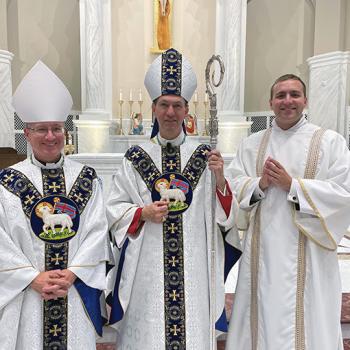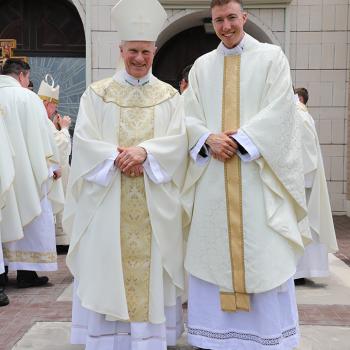As we read, the nineteenth century saw the rise of liberal theology [1]. The theologians were highly intellectual and people were being won over by their ideas. Charles Hodge came along and was known as “the pope of Presbyterianism”, and by all accounts was a staunch conservative theologian [2]. He responded to modernism in many unique ways. For one, he used the most modern methods of biblical interpretation and used that in defense of conservative Protestantism. He advocated for a faith that was conservative and yet scientific and he argued that believing in the divine inspiration of the scriptures was a rational belief [3].
Charles Hodge And The Quest For Truth
He brought modern ways of thinking into Christian Orthodoxy and was proud to exclaim that the truth never changed. One way he engaged with modernism was in his ability to interact with the newest scientific discoveries and use discernment about what to believe and what not to believe. This led him to reject darwinian evolution as a form of atheism while looking at geological discoveries and accept an old Earth [4]. He was also a student of philosophy and read some the work of the philosophers such as Reid and Locke, but again was selective. He engaged the modernists on their own turf and and used the truth of Orthodoxy to discern what could be accepted and what could not. All the while he believed, and taught, that the Bible was the foundation on which everything stood.
Charles Hodge And Fundamentalists
The response of Charles Hodge to modernism laid the groundwork for twentieth century fundamentalism. However fundamentalism, by definition, is the belief that the Bible must be believed unconditionally [5]. Perhaps this is where some of the reactions came from. Hodge wanted theologic to be listed in a systematic fashion [6]. This systematic fashion would include the areas of natural theology in which fundamentalists would have issue. In his work of systematic theology he made an argument for the scientific status of theology as a method of knowing truth [7]. He also called scripture a “reservoir of facts”, and his theological ideas did not leave room for nonessentials.
This led to a belief that those outside of his idea of theological orthodoxy were excluded from the plan of salvation [8]. There was also the tendency for his cultural to influence his theology. To be fair, this is something that a vast majority of us struggle with, but critics say he was unaware of this. Critics also say that Hodge so concerned with his battle against modernity that he was not aware how his own doctrines developed through history. He did a lot of great work against modernity, and it was far from perfect. However he worked in a tumultuous time of Christianity in America, and he should be commended.
Bibliography
- Olson, Roger E.. The Journey of Modern Theology : From Reconstruction to Deconstruction. Downers Grove: InterVarsity Press, 2013, 213.
- Ibid, 214.
- Ibid, 216.
- Ibid, 219.
- McDONOUGH, RICHARD. “Religious Fundamentalism: A Conceptual Critique.” Religious Studies 49, no. 4 (2013): 561-579.
- Olson, 225.
- Ibid, 229.
- Ibid, 238.













